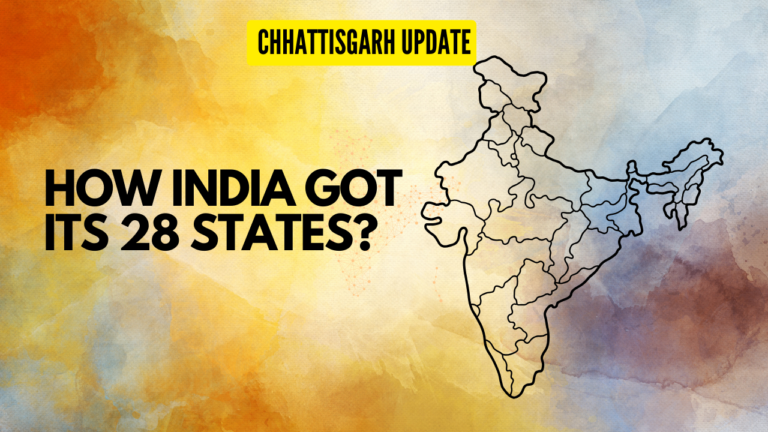India mourns the loss of a legal luminary and trailblazer, Justice (Retd.) Fathima Beevi, who breathed her last recently. As the first woman to don the robes of a Supreme Court Justice, her journey was not just a personal triumph but a milestone for women in the Indian judiciary. Let’s delve into the life and legacy of this remarkable personality.
Early Life and Education:
Born in Pathanamthitta, Travancore (now part of Kerala), in 1927, Fathima Beevi’s early years hinted at the resilience and tenacity that would characterize her later life. In 1950, she etched her name in history by becoming the first woman law graduate to receive the gold medal from the Bar Council, a feat that foreshadowed her pioneering role in the legal landscape.
Judicial Ascension:
Her journey through the echelons of the judiciary was marked by steady achievements. Fathima Beevi’s appointment as a district sessions judge in 1974 was a testament to her legal acumen and dedication. Subsequently, in 1983, she ascended to the position of a judge in the Kerala High Court, further solidifying her standing in the legal community.
Historic Appointment to the Supreme Court:
Justice Fathima Beevi’s crowning achievement came in 1989 when she was appointed as a Supreme Court Justice, breaking gender barriers and inspiring generations of aspiring women jurists. Her tenure between 1989 and 1992 was characterized by a commitment to justice and a meticulous approach to legal matters.
Beyond the Bench:
Her contributions extended beyond the courtroom. After retiring from the Supreme Court, Justice Fathima Beevi continued her service to the nation. She served as a member of the National Human Rights Commission, advocating for the protection and promotion of human rights in the country. Later, she took on the role of the governor of Tamil Nadu, demonstrating her commitment to public service.
Ethical Values and Legacy:
Justice Fathima Beevi’s legacy is built upon a foundation of ethical values that defined her illustrious career. Courage, honesty, and a steadfast commitment to equality were the hallmarks of her judicial approach. In a profession often marred by challenges, she stood as a beacon of integrity and resilience, leaving an indelible mark on India’s legal landscape.
Inspiring Generations:
Beyond her legal achievements, Justice Fathima Beevi’s life story became an inspiration for generations of women aspiring to break through gender barriers in the legal field. Her journey became a testament to the possibilities that arise when determination meets opportunity.
Conclusion:
As we bid farewell to Justice (Retd.) Fathima Beevi, we not only mourn the loss of a legal luminary but celebrate the enduring legacy she leaves behind. Her life was a testament to the power of resilience, the impact of breaking barriers, and the importance of ethical values in the pursuit of justice. Justice Fathima Beevi’s contributions have not only shaped the trajectory of the Indian judiciary but have also paved the way for a more inclusive and equitable legal landscape. Her memory will continue to inspire and guide those who follow in her footsteps.






